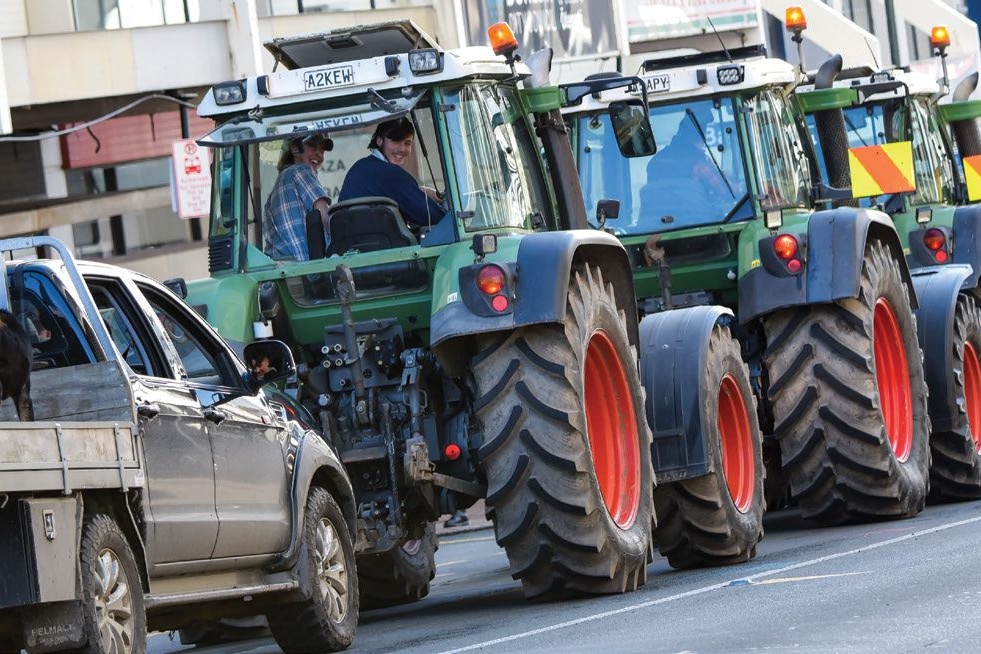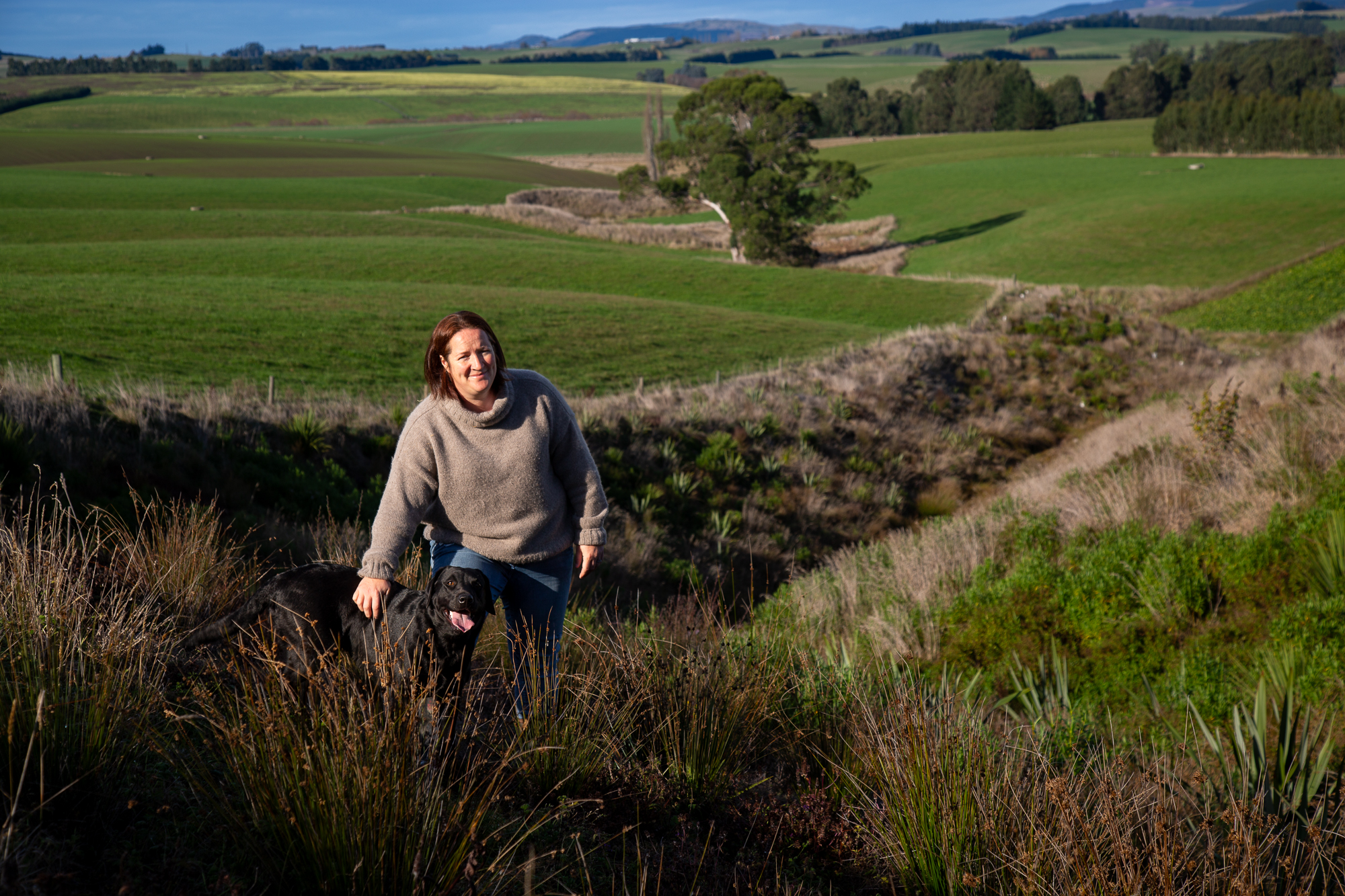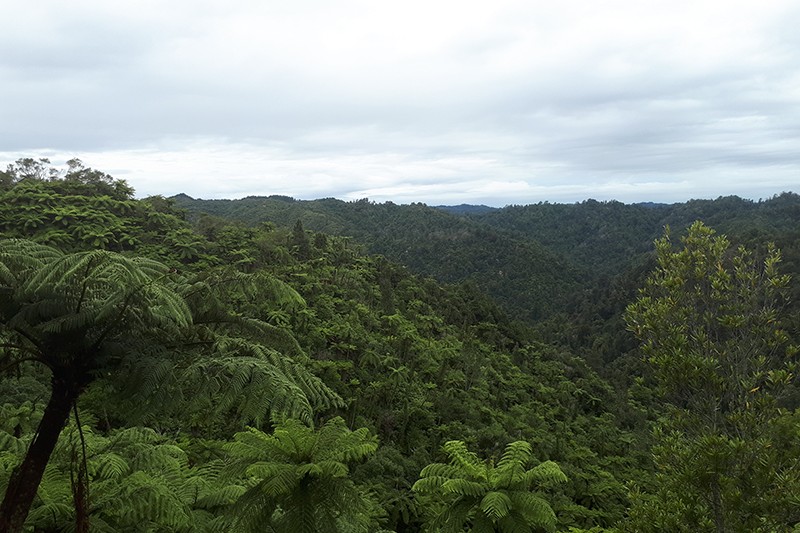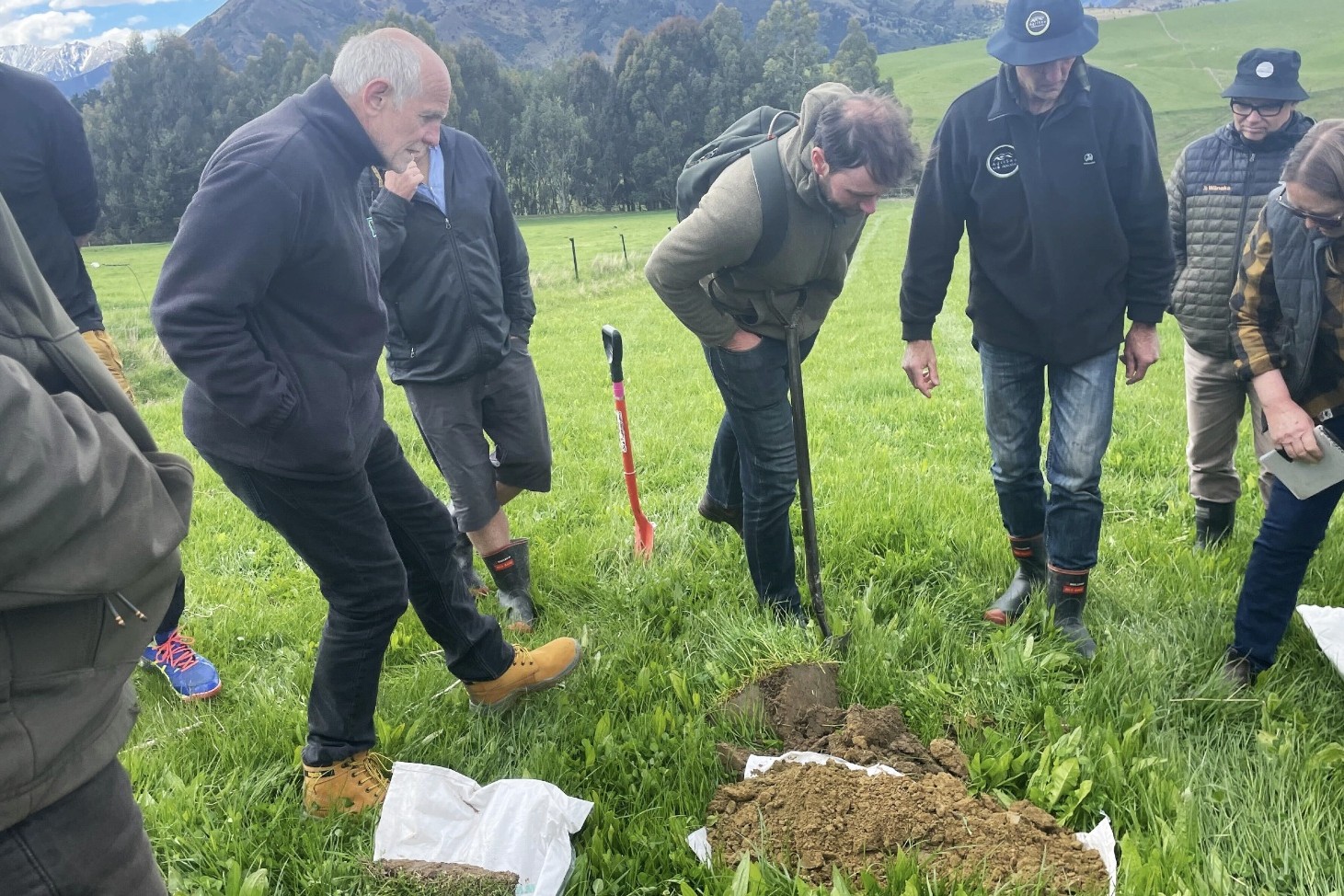Farmers should question methane tax
By Steven Cranston

With He Waka Eke Noa (HWEN) due to release their emissions pricing mechanism in the coming weeks, farmers will soon get an idea of how much this incoming regulation is set to cost them. It’s not just the direct cost of the emissions tax of course, there is also the reduction in stock numbers to factor in.
The Government’s goal of reducing methane emissions by 10% by 2030 will require the industry to have significantly fewer livestock by that date. Many will be retired en masse to make way for carbon forestry, others will need to be trimmed from flocks and herds to help balance the budget. Pricing will likely start low so as not to startle rural folk, but over time it will be raised to a level sufficient to drive the change needed to meet the Government’s targets.
Farmers have good cause to question this proposed pricing mechanism. Methane is a short-lived gas that breaks down in the atmosphere after 12 years. It might be a potent greenhouse gas (GHG) but that does not mean your methane emissions are adding to climate change.
Scientists have concluded that a minor reduction of 0.3% per year from a steady flow methane source, such as a farm, is sufficient to offset any atmospheric warming. The 0.3% reduction is due to some residual emissions which stay in the atmosphere after the decay process.
It’s simple logic, if the emissions remain stable the decay rate will eventually be the same as the emissions rate. There will be no increase in atmospheric methane and no increase in warming.
If methane emissions are reduced by more than 0.3% per year on a consistent basis, the atmospheric concentration of methane will decrease and result in a cooling effect. But unlike the carbon foresters, who will receive a handsome return for reducing atmospheric CO2, farmers will receive no recognition for their similar contribution to reducing methane. This is one of the many injustices HWEN is poised to deliver.
A zero-warming target for methane until 2030 would require emissions to be reduced by about 3%. This target would be science-based, fair and likely widely supported. The Government’s 10% target will see farmers forced to reduce an additional 7% of emissions not responsible for climate change, this is effectively a contribution to atmospheric cooling on behalf of the farming community to help offset other industries’ emissions. A contribution that will be achieved at a cost to your business and will receive no acknowledgment.
Warming effect is important, the stated objective of HWEN’s pricing mechanism is to help ensure global warming does not exceed 1.5C. Yet when it comes to taxing agricultural emissions, warming effect is conveniently overlooked.
The tools to measure warming effect are available to HWEN, the GWP* metric can be used to distinguish between emissions that add to climate change and those that do not. Unfortunately for farmers it has been decided that GWP* will not be used in emissions policy.
Government ministers, the Climate Commission and MPI have all declined to comment on why farmers are being held responsible for emissions that are unequivocally not adding to climate change. It is clearly an awkward subject.
The rural community needs to take ownership of what is happening with our emissions policy. Sitting back and expecting rural advocacy to fix this situation is not an option. DairyNZ have submitted in favour of the 10% target, and while Federated Farmers and Beef & Lamb had initially supported a warming-based target, they are now silent on the matter. It has been left to groups such as Groundswell NZ and farmers themselves to battle for a fairer outcome. The future of many rural communities may depend on it.
• Steven Cranston is an environmental consultant and farmer.

Not silent says Beef + Lamb
By Jo Cuttance
BEEF + LAMB NEW ZEALAND AGREED with the argument about using appropriate metrics, and ensuring what was asked of farmers was fair.
However, B+LNZ chairman Andrew Morrison refuted claims that it had been silent on supporting warming-based targets.
“We have repeatedly and publicly called on the Government to report on warming, and for targets that are fair and equitable,” he said.
B+LNZ agreed the Government targets asked agriculture to do more than the rest of the economy.
“This is an issue we have been raising and we have consistently been calling for a review of the methane reduction targets using GWP*.”
He said it was a question for the Government, why methane had been asked to do more. Many climate scientists wanted to see sharp reductions in methane because they wanted to use it to ‘cool’ and buy more time to reduce carbon dioxide. Turning the dial down more quickly on methane meant a better chance of staying within the goal of keeping within a 1.5C temperature increase.
“While this may make sense from a climate perspective it raises massive equity and fairness issues.
“We do not believe it is fair for agriculture to be asked to cool while fossil fuel emitters only have to get to no additional warming by 2050.”
He said B+LNZ was working to try to set up a framework under He Waka Eke Noa (HWEN) that was fairer than simply being put into the ETS. They wanted to delink the methane price from the carbon price and get better recognition for the sequestration happening on farms.
It supported the GWP* (global warming potential*) metric and had called on the Government to use this metric. They had raised this in their submissions, in media releases and in commissioned influential research.
Morrison said in the background B+LNZ have had meetings with the Parliamentary Commissioner for the Environment, the Climate Change Commission, academics and officials to raise GWP* and warming.
He said they worked closely with other sector groups like Federated Farmers and DairyNZ to push strongly for NZ’s negotiating mandate for the COP26 climate change negotiations to focus on warming and to promote the use of GWP*.
But the important thing to note was that GWP* should be used to determine the methane reduction targets in the Zero Carbon Act. GWP* was not practical or necessary at a farm level, in part because you needed about 20 years of data.
• GWP100 is the metric used to report on annual emissions.
GWP* is an alternative accounting metric that scales emissions over time and better accounts for the different warming behaviours of short-lived gases like methane which disappear after 12 years.




